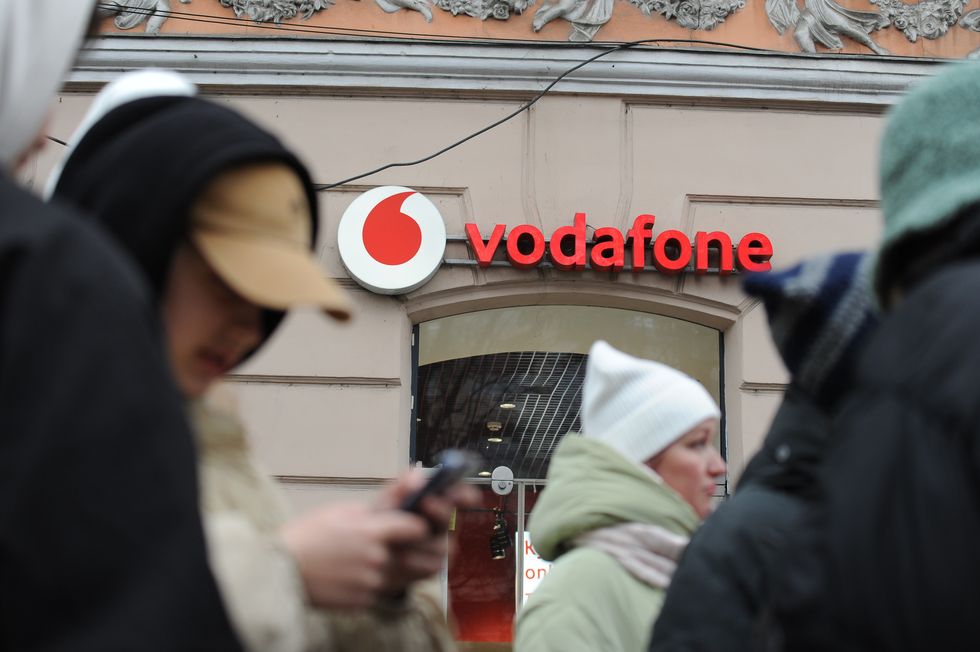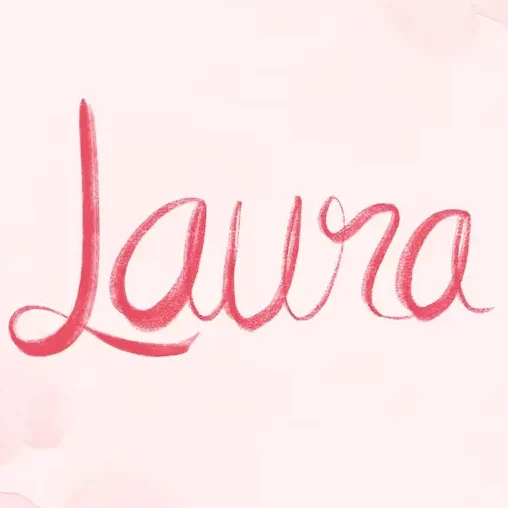You could be owed a £1,823 windfall from your mobile phone provider.
The four biggest UK mobile networks are facing a new group legal claim worth over £3 billion that alleges the companies used their market dominance to overcharge millions of customers.
According to the claim, Three, O2, Vodafone, and EE continued to charge customers monthly for handsets they’d already paid off at the end of their contractual term — reaping extra profits from their most loyal customers.
It’s still very early days for the class action lawsuit, which is currently being assessed by the Competition Appeal Tribunal to determine whether it’ll even see the inside of a courtroom. Even if it gets approval to move ahead, the legal system isn’t known for its speed …so it could be a while before we know the outcome.
Below, we’ve answered some of the most common queries around the lawsuit, includingthe amount that could be paid to your bank accountif it was to be successful.
When you sign-up for a new pay monthly deal, the amount you pay each month is made up of the cost of the handset and the 4G or 5G data plan, texts and calls included with your airtime package
GETTY IMAGES
Who Is Behind The Case?
Justin Gutmann is behind the group legal claim. Mr Gutmann is the former Head of Research and Insight at Citizens Advice, an independent organisation that specialises in confidential advice to help with legal, debt, consumer, housing, and other problems for Britons.
If the claim is unsuccessful, you won’t need to worry about any financial penalties. Although the legal costs of the four mobile phone providers will need to be paid, Mr Guttman’s team has confirmed that he’s covered by insurance should the claim fail.
Mr Gutmann said: “I’m launching this class action because I believe these four mobile phone companies have systematically exploited millions of loyal customers across the UK through loyalty penalties, taking over £3 billion out of the pockets of hard-working people and their families.
“These companies kept taking advantage of customers despite the financial crisis of 2008, Covid and now the cost-of-living crisis. It’s time they were held to account.”
Why Are Three, O2, Vodafone, And EE Being Sued?
The £3.28 billion class action lawsuit alleges that Vodafone, EE, Three and O2 failed to lower customers’ monthly bills beyond the end of their contractual term — even after they’d already paid-off the cost of the handset.
For those who don’t know, when you buy a new phone from a mobile network, the price of your monthly bill is made up of the cost of the handset, usually spread evenly over two- or three-years, combined with the price of your 4G or 5G mobile internet, calls, text messages, and any other airtime services.
At the end of the initial contract, customers can renegotiate a lower monthly price, since they only need to pay for the mobile data and airtime services.
By not dropping monthly bills automatically, the lawsuit alleges that networks took advantage of loyal customers, since they were being charged more than a new customer would be if they were just paying for the same airtime services with a SIM-only deal.
Justin Gutmann and law firm Charles Lyndon have filed a lawsuit against the four largest mobile network operators over these so-called “loyalty penalties”. Mr Gutmann alleges the firms overcharged on up to 28.2 million contracts and is seeking damages of at least £3.28 billion.

Vodafone is one of the mobile networks named in the group legal claim, which is seeking damages from all four of the UK’s biggest carriers
GETTY IMAGES
If successful, anyone who bought a contract with a mobile phone and services such as data, minutes and calls with either Three, EE, Vodafone, or O2 could receive a payout of as much as £1,823, Mr Gutmann said. The class action has been filed with the Competition Appeal Tribunal in London.
The new group claim follows a “super complaint” from Citizens Advice to the Competition and Markets Authority (CMA) in September 2018, which resulted in the CMA finding that: “We do not consider that providers should continue to charge customers the same rate once they have effectively paid off their handsets at the end of the minimum contract period. This is unfair and must be stopped.”
How Do I Add My Name To The Group Legal Claim?
You don’t need to do anything to be included in the group legal claim. If the lawsuit is successful, anyone who meets the requirements will be included.
While there’s no dedicated method to opt-in to the class action lawsuit, it is possible to opt-out to make sure you don’t share in any damages awarded in the event of a victory.
We don’t know the exact terms that’ll be imposed on claimants, but we’d expect the criteria to qualify to be…
- You live in the UK
- You had a pay monthly contract with a handset and airtime with EE, O2, Three, or Vodafone
- You paid this monthly contract between 2007 and 2023
- Your bills would’ve dropped if you’d switched to a SIM-only deal with the same airtime
Will Customers Of EE, Three, Vodafone, and O2 Get The Same Payout?
As mentioned above, we’re a long way away from this group legal claim getting in front of a judge — let alone fretting about the pennies from the payout. However, Justin Gutmann and law firm Charles Lyndon have shared an estimate of what customers of different networks could expect to see land in their bank accounts if the claim was to be successful.
According to Mr Gutmann and his team, the estimated loss across all mobile network operators since 2007 is estimated at £3.285 billion, including simple interest.
If distributed evenly, contract holders from the mobile network operators listed below are estimated to receive the following amounts:
- Vodafone — up to £1,823 (including simple interest)
- EE — up to £1,101 (including simple interest)
- Three — up to £1,817 (including simple interest)
- O2 — up to £1,178 (including simple interest)
What Do The Networks Say?
An O2 spokesman said: “To date there has been no contact with our legal team on this claim. However, we are proud to have been the first provider to have launched split contracts a decade ago which automatically and fully reduce customers’ bills once they’ve paid off their handset.
“We’ve long been calling for an end to the ‘smartphone swindle’ and for other mobile operators to stop the pernicious practice of charging their customers for phones they already own.”
An EE spokeswoman said: “We strongly disagree with the speculative claim being brought against us. EE offers a range of tariffs and a robust process for dealing with end of contract notifications. The UK mobile market is highly competitive space with some of the lowest pricing across Europe.”
Vodafone said: “This has just been brought to our attention and we don’t yet have sufficient detail for our legal team to assess.”
Additional Reporting By Josie Clarke, PA Consumer Affairs Correspondent

Laura Adams is a tech enthusiast residing in the UK. Her articles cover the latest technological innovations, from AI to consumer gadgets, providing readers with a glimpse into the future of technology.








